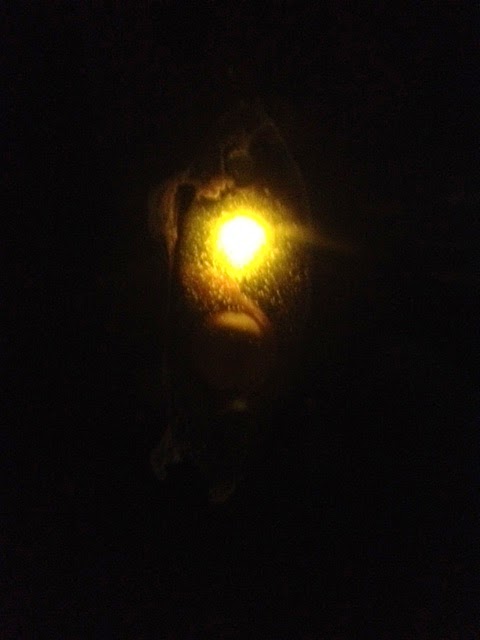I’m in Toronto right now for NEMLA, writing from a beautiful hotel room with a beautiful view. It overlooks the lake and some crazy buildings that weren’t here last time I visited. The breeze from the water keeps the air fresh. It finally feels like spring.
On the heels of reading MFK Fisher’s Consider the Oyster, I have been considering things of water more
often than usual. In that book I learned that a baby oyster is called a spat.
How adorable is that! And a mermaid's purse is actually a shark egg pod. That I did not know.
For brunch we had dim sum. It was my first time. We had jellyfish salad. It was my first time. Later I went to the Aquarium. They had plenty of jellyfish there. Help me figure out my feelings about this.
Those memories might inspire them to make
choices that influence huge environmental factors.
Heard one dad say to his kid in a stroller, “mmmm tasty”
while pointing at this guy. He’s not incorrect. Aquarium as reminder that the
world is our menu?
“Whatever they hell they want.” Aquarium as reminder that we aren’t at the top of the food
chain?
They also teach us a lot about ecologies, and
particularly specifics about the human impact on microecologies. Being in the
Anthropocene and all, that information is invaluable.
I don’t need to list the downsides and exploitative issues
of and for Aquariums. Visit PETA’s website, watch Blackfish, read Peter Singer.
There are those smarter than I that explain all of the important things.
I do wonder about the future of Aquariums, and how we’ll use
them in future fictions.
If we can’t figure out how to slow and stop the creation of
more dead zones and hypoxic sea spots, will we respond by building more
Aquariums to create livable conditions for Marine life? Probably not. But what
if we did.
We have global seed banks to protect and catalogue that
genetic material. We have global projects like the Arc of Taste (from the Slow
Food Movement) to protect and catalogue traditional knowledge about food
protection. There are reasons for these systems. We lose more information every
day.
As we face desertification and nutrient starvation in our
soil systems could we reverse engineer water flows from hydroponic systems in
Aquariums to rehabilitate our land? Or will we fuse fish-farming systems and Aquariums?
They appeal to us, nevertheless, because they take us out of our known world in a safe way. They give us a few thousand gallons of our world-as-not-the-world. Real and not real, they show us land lubbers stories about worlds we would otherwise not see.











No comments:
Post a Comment